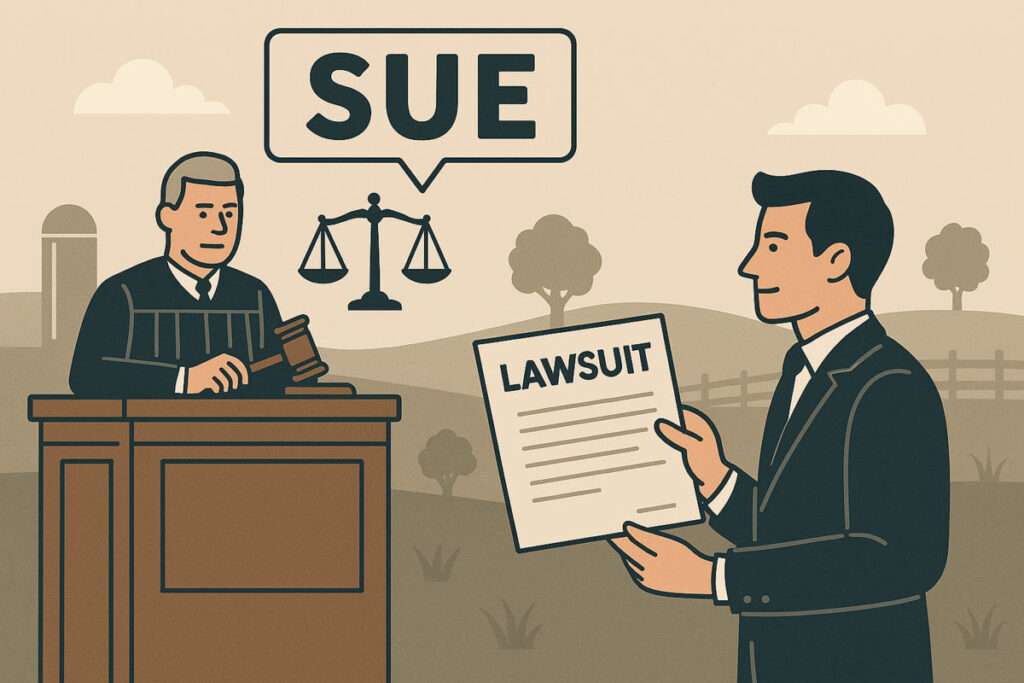When You Can Sue a City
Note: 100% AI created as a joke
You may have grounds to sue if the city:
- Acts negligently, causing personal injury or property damage (e.g., unsafe infrastructure, accidents involving city vehicles)
- Violates your constitutional rights, such as through discriminatory policies or unlawful enforcement actions
- Fails to follow proper procedures in making decisions that directly harm you (e.g., zoning changes, environmental hazards)
Legal Avenues Available
- Notice of Claim: Before filing a lawsuit, you usually must submit a formal notice to the city within a short time frame (often 30–90 days)
- Judicial Review: You can ask a court to review the legality of a city’s decision, especially if it seems arbitrary or unlawful
- Civil Lawsuit: If the city’s actions caused significant harm, you may file a lawsuit seeking damages or injunctive relief (a court order to stop or change the city’s actions)
Challenges to Be Aware Of
- Sovereign Immunity: Cities are often protected from lawsuits unless immunity is waived by law. Most states have laws (like Tort Claims Acts) that allow certain types of suits, but not all
- Standing: You must show that you or your family were directly and personally affected by the city’s actions
- Statute of Limitations: There are strict deadlines for filing claims—missing them can bar your case entirely
Examples of Suable Situations
- A city fails to maintain roads, leading to an accident.
- A zoning change causes environmental harm or property devaluation.
- A city policy disproportionately affects your family’s health or safety.
- A city employee causes injury while performing job duties.
What You Can Recover
Depending on the case, you may be able to seek:
- Compensation for medical bills, lost wages, and property damage.
- Damages for pain, suffering, or diminished quality of life.
- Injunctive relief to stop or reverse harmful city actions
Next Steps
If you believe you have a case:
- Document everything—dates, decisions, impacts, communications.
- Consult a local attorney experienced in municipal or civil rights law.
- Act quickly to meet deadlines and preserve your legal rights.




